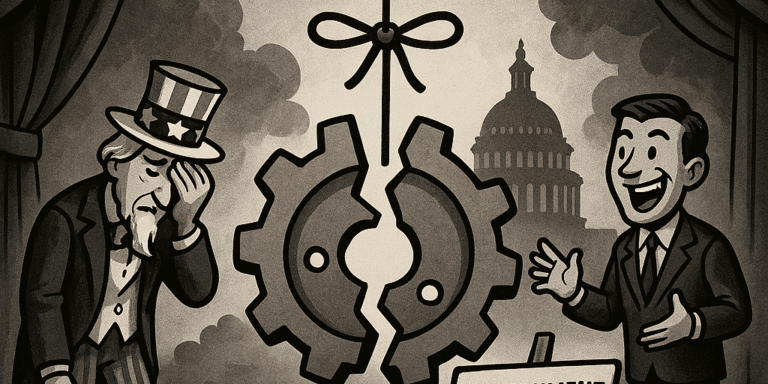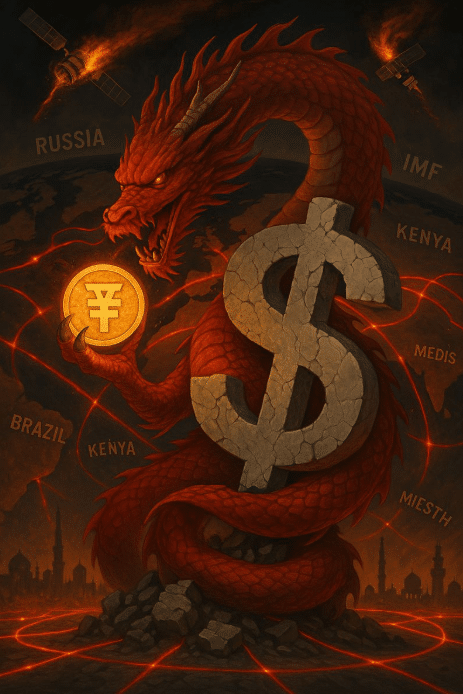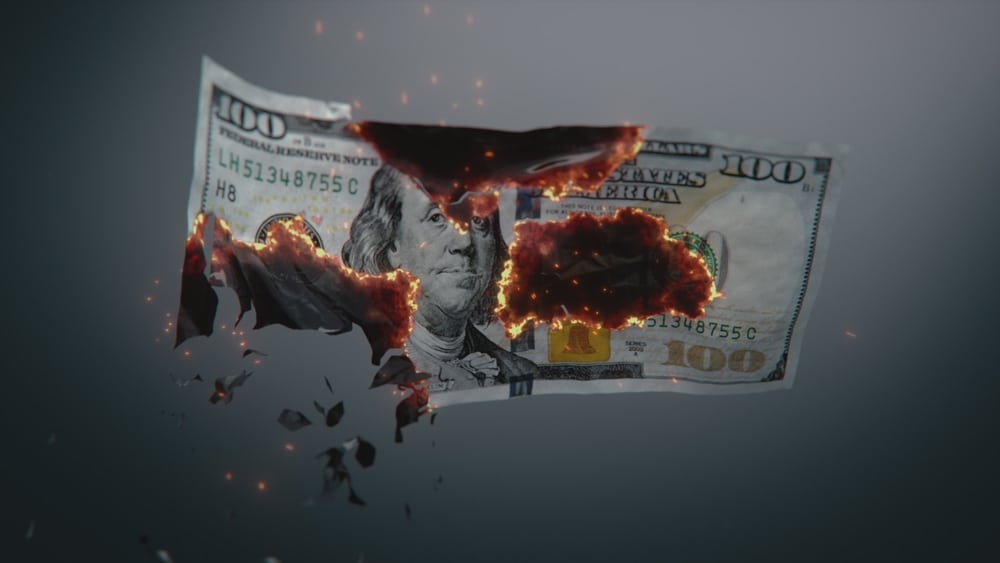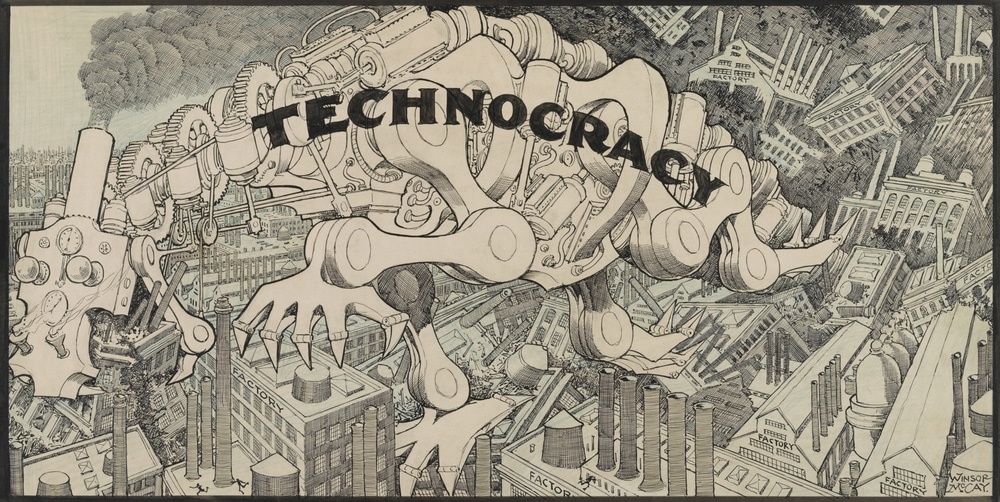
Shutdown Theater: Government Dysfunction is the Point
The Spectacle of Government Shutdown Political Theater
In the latest act of Government Shutdown Political Theater, Washington once again turns dysfunction into spectacle. While the media fixates on the federal budget crisis and politicians trade blame over partisan gridlock, few ask the real question: why do we keep funding a system that rewards failure? Each government shutdown becomes less about solving problems and more about preserving power—an endless loop of wasted taxpayer dollars, ballooning government spending, and a broken political system that thrives on chaos. The shutdown isn’t the disaster—it’s the performance.
The Real Question Isn’t When the Shutdown Ends—It’s Why the Hell We Keep Restarting It
While corporate media and panicked politicos cry foul over delayed government paychecks and frozen subsidies, the average American should be asking: what would really go wrong if the feds stayed “shut down”?
Would roads vanish into the ether? Would food disappear from grocery shelves? No. Because the private sector—driven by voluntary exchange and market incentives—keeps humming regardless. The parts of government that “shut down” are mostly bureaucratic bloat and pork-barrel programs that shouldn’t exist in the first place. And those so-called “essential workers”? They keep going—proof that the machinery of coercion never sleeps.
The Political Farce of Shutdowns
Democrats want to tie the shutdown’s resolution to more healthcare subsidies—a euphemism for forcibly redistributing wealth to prop up a failing system that stifles competition and jacks up prices. Republicans, for their part, posture about "decoupling issues," but continue to grow the defense budget and feed the same industrial complex that thrives on endless war and surveillance.
This isn’t a principled stand. It's hostage negotiation between two factions of the same authoritarian party—The Party of Government.
And let’s not forget the old trick of weaponizing pain: unpaid military families, stranded TSA agents, and stressed-out air traffic controllers are paraded in front of the cameras like sacrificial lambs. This isn't empathy—it's manipulation. It's designed to pressure the public into demanding an end to the shutdown without asking what they’re really restarting.
The Myth of Government as Savior
We’re told that without government subsidies, families can’t afford health insurance. But the reason healthcare is unaffordable is because the government broke it in the first place—through monopolistic licensing laws, price fixing, and third-party payer distortions. Subsidies don’t solve that—they perpetuate it.
We're told the shutdown hurts because people miss their paychecks. But these are jobs created not by market demand, but by congressional decree. A business that can’t pay its workers goes under. A government that can’t pay its workers holds a press conference and threatens everyone else.
What Needs to Shut Down Permanently
The shutdown is a useful reminder of how dependent we've become on an unaccountable machine. Instead of fretting over when the lights come back on in DC, we should be asking how to keep them off. Not for the military or emergency services, but for the bloated bureaucracies, the alphabet soup agencies, the subsidies, and the backdoor socialism we've been told is "progress."
Let the TSA go private. Let airlines handle security. Let healthcare return to the hands of doctors and patients. Let people choose how to spend their own money instead of being extorted by a broken tax system that funds both sides of a parasitic debate.
Final Word: The Shutdown Isn’t the Threat—Reopening Is
Every shutdown is a brief glimpse into what less government looks like. Not chaos, but clarity. Not dysfunction, but decentralization. The real danger isn’t that the government is closed—it’s that it will inevitably reopen, stronger and more bloated than before.
If you want to reclaim your autonomy and insulate yourself from the coming economic fallout, download “Seven Steps to Protect Yourself from Bank Failure” by Bill Brocius.
The state won’t save you. You’ll have to save yourself.










